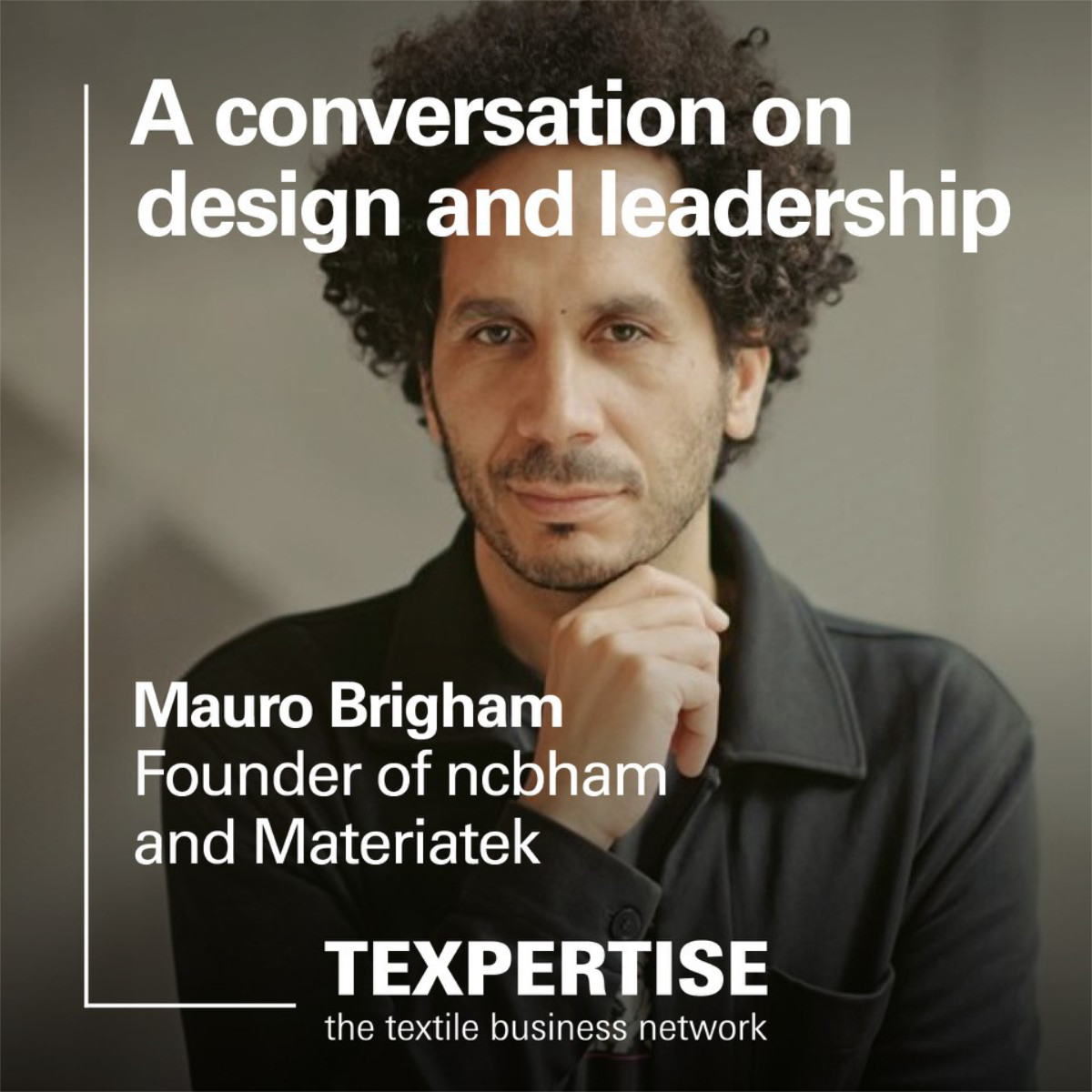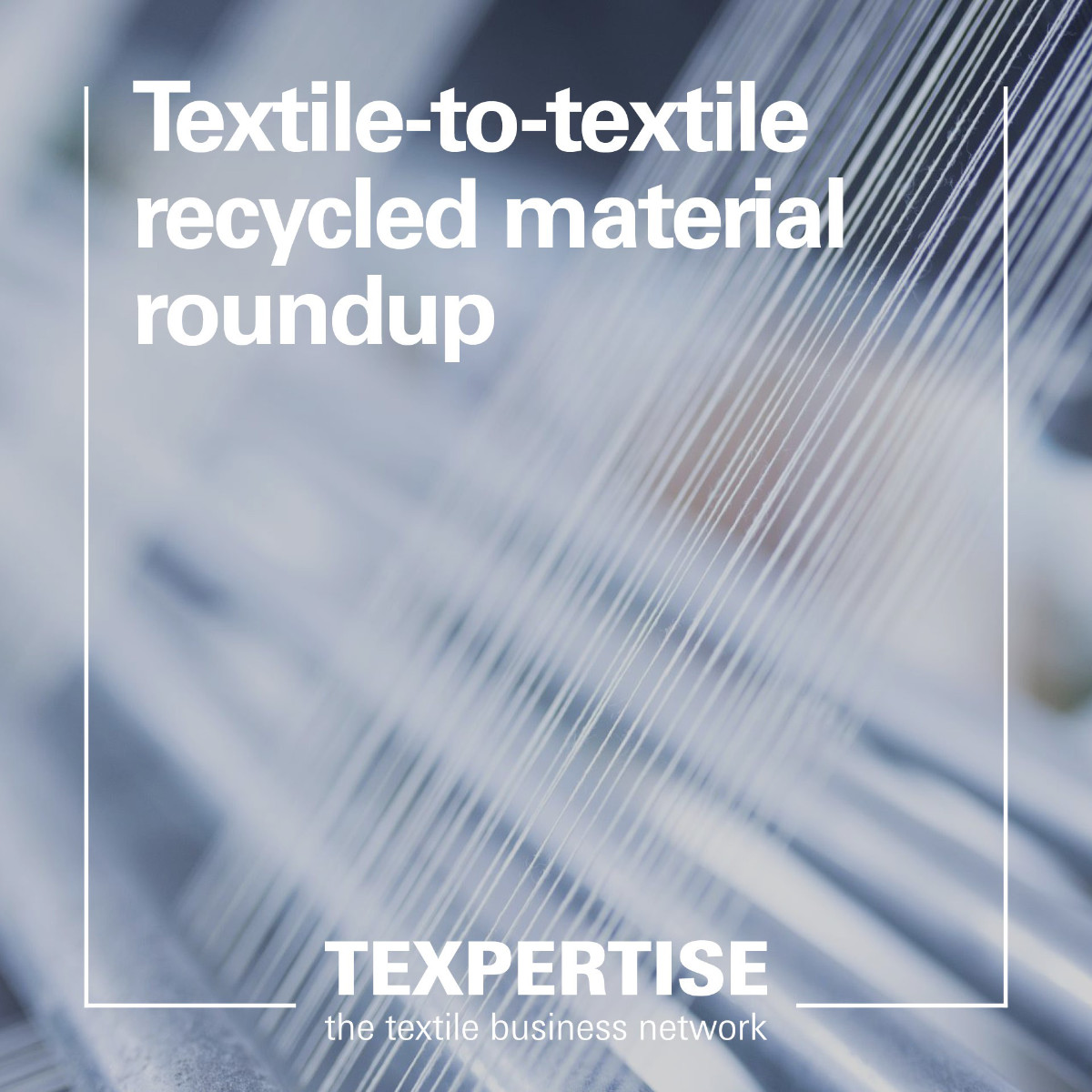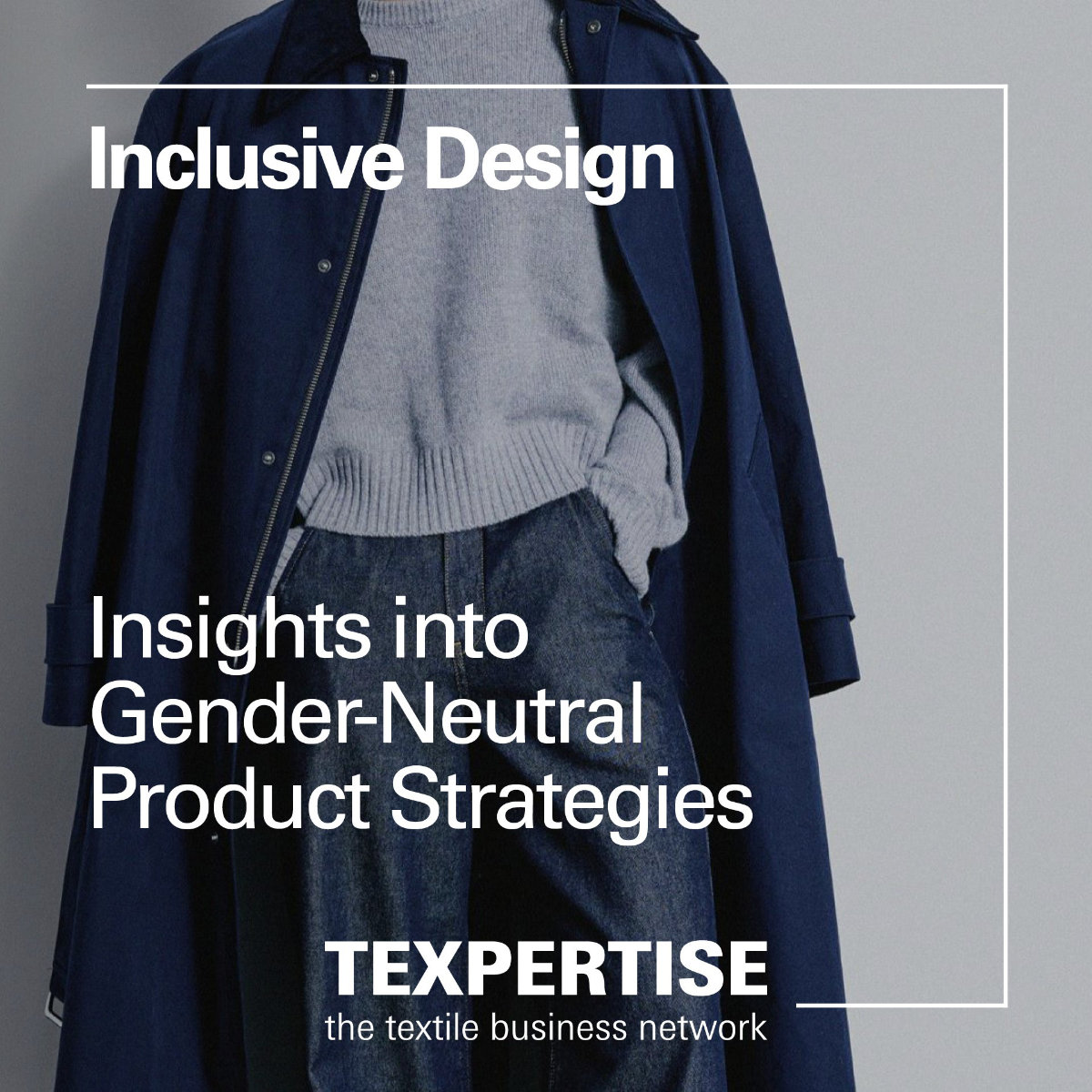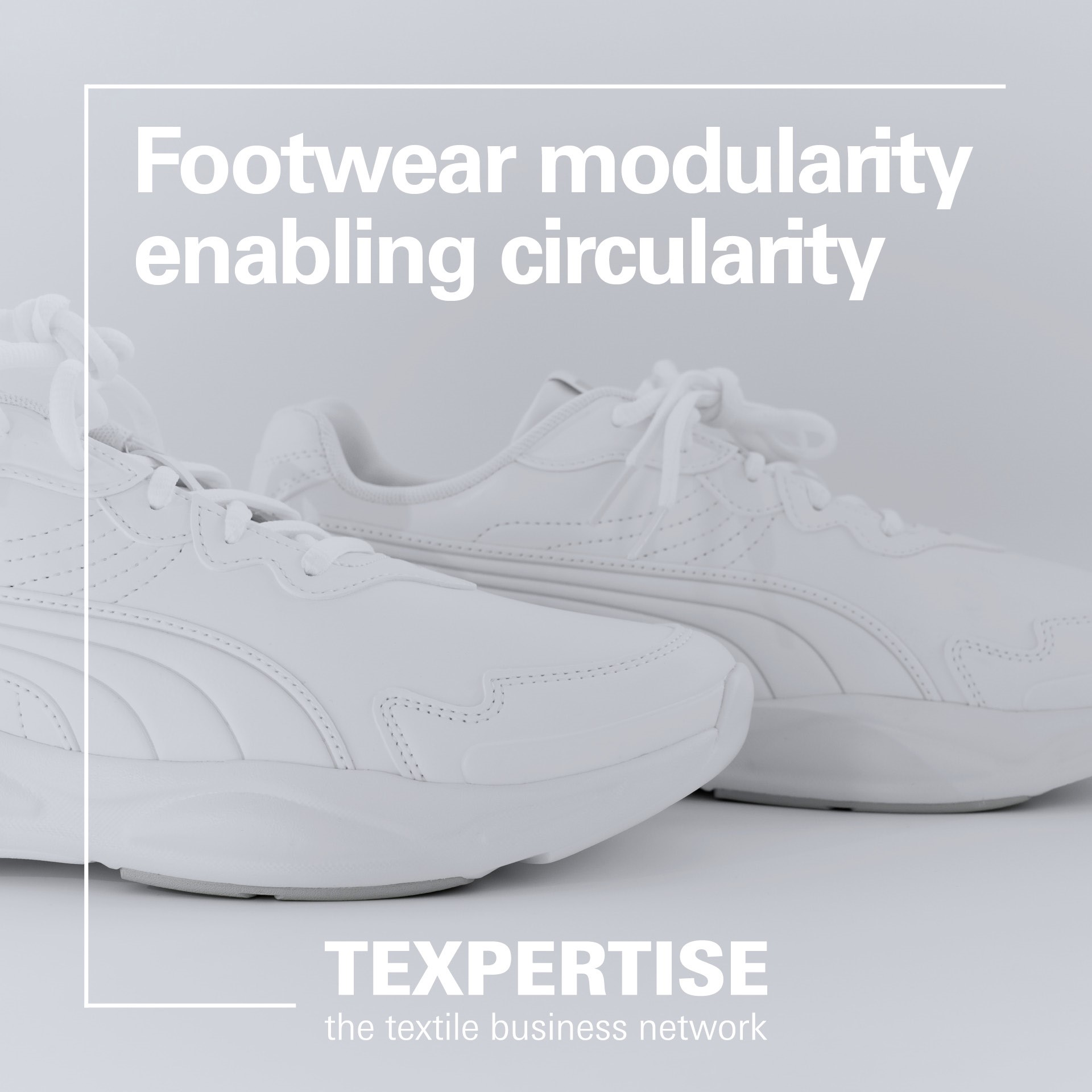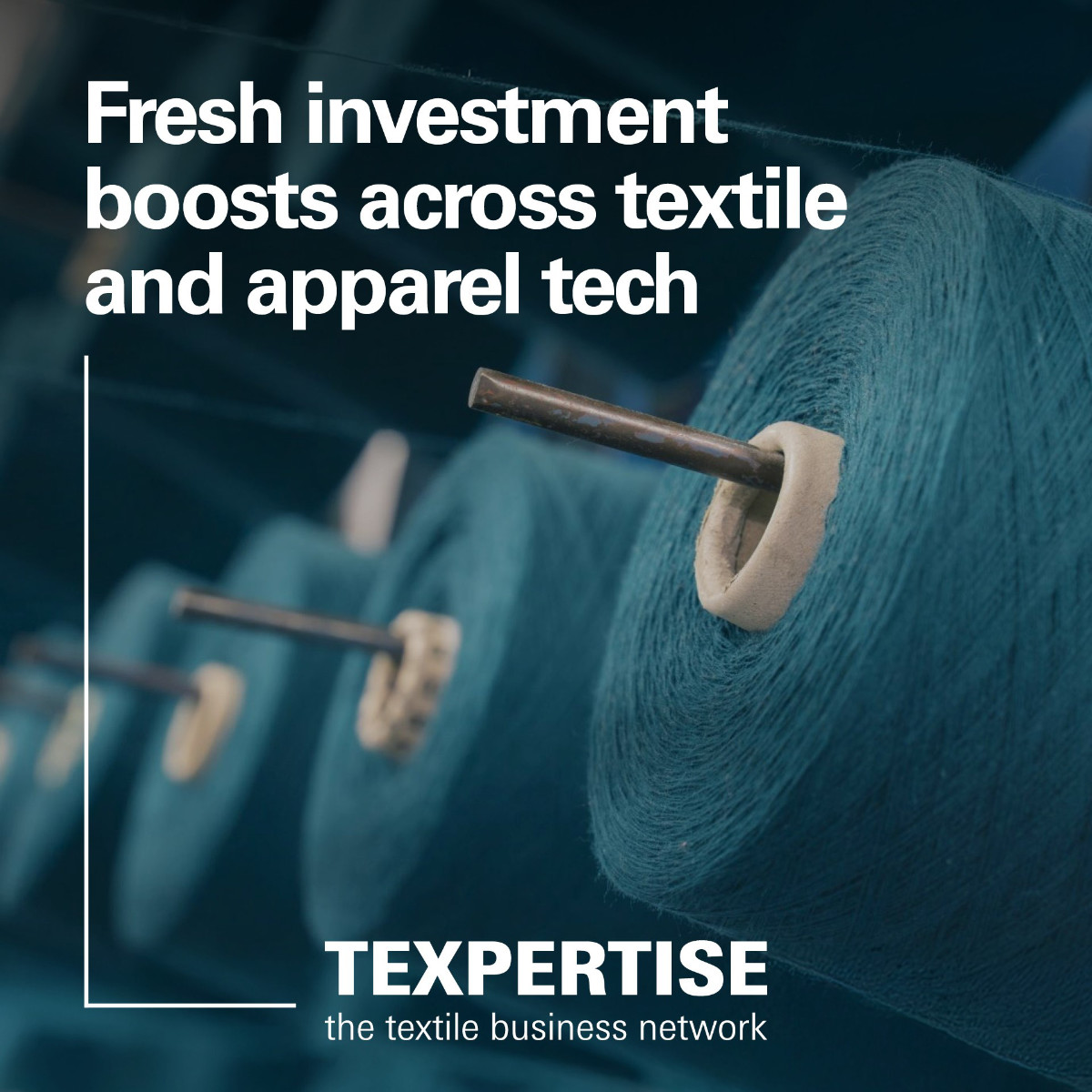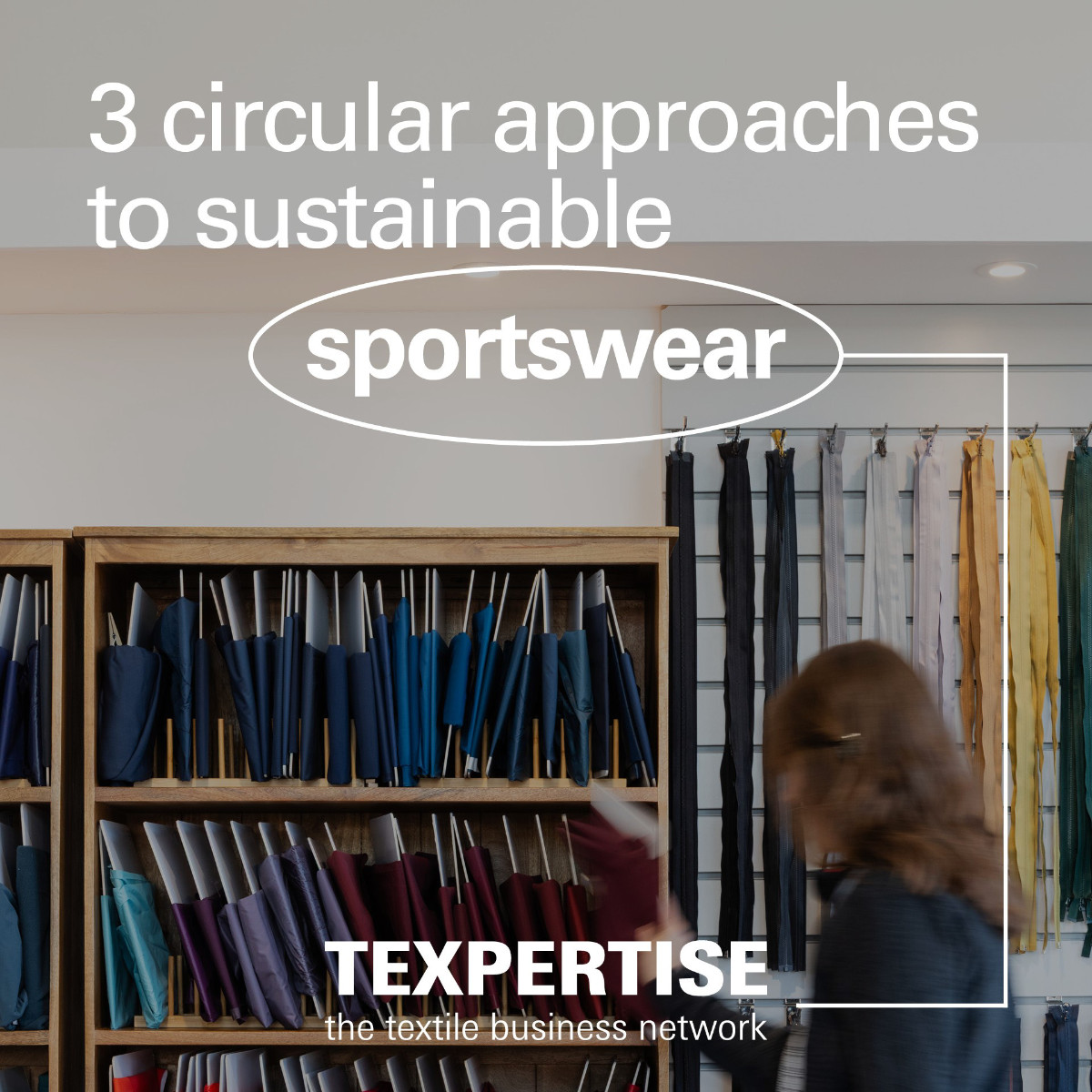Reading time: 4 minutes
Venture capital is fuelling the next wave of textile innovation. March seemed significant for textile-to-textile (T2T) recycling, with a number of operators in the space announcing supposedly successful and oversubscribed funding rounds. Jessica Robe takes a look at the startups drawing investor interest and what this means for the wider textile & apparel industry.
Epoch Biodesign

5 March – Series A – London, UK – Textile-to-textile recycling
First up, London-based enzymatic recycler, Epoch Biodesign, announced a successful Series A round in early March, raising a reported US$18.3m in Series A finance.
The round was led by Extania – a climate tech VC firm headed out of Berlin – and joined by Lowercarbon Capital, Happiness Capital, Kibo Invest, Day One Ventures, Kompas VC and, on behalf of Inditex, Mundi Ventures. Epoch Biodesign has also received a US$1m grant from the UK government to further its development aims.
These ambitions include building its first production facility and expanding its library of relevant enzymes, which are central to its recycling technology platform. To embark on towards these goals, Epoch is growing its talent base which, following its recent injection of funding, already includes onboarding a new fermentation scientist.
It also hopes to embed into key textile customers, helped by initiatives such as its joint development agreement (JDA) with Inditex.
The accumulation of these efforts is hoped to validate and deliver greater volumes of recycled polyester and nylon production, bringing Epoch’s enzymatic textile recycling closer to commercialisation.
Discover Epoch Biodesign, here.
Circ

10 March – Series B extension – Danville, US – Textile-to-textile recycling
The following week, Circ announced its latest batch of funding led by London-based investment firm, Taranis, via the firm’s Carbon Ventures fund. The round was reportedly oversubscribed, raising US$25m with participation from existing investors, including Inditex and Avery Dennison.
The business has a dual input, dual output technology proposition, targeting polycotton-rich waste to derive both recycled polyester and lyocell outputs. Having proven its offerings in pilots with the likes of Zara, the funds will funnel towards establishing Circ’s first industrial plant to increase its operational volumes.
As well as providing finance, Taranis is expected to contribute its industrial and process engineering expertise towards Circ’s scaling ambitions.
In the meantime, Circ has established the Circ-Ready platform of suppliers and processors who have secured small scale access to its recycled products. It has also lined up partnerships with the likes of Birla Cellulose to supply commercial scale volume of Circ outputs once its industrial plant is operational.
This round joins Circ’s previous Series B and extension funding in 2022 and 2023, netting US$30m and US$25m, respectively.
Discover Circ, here.
Ravel
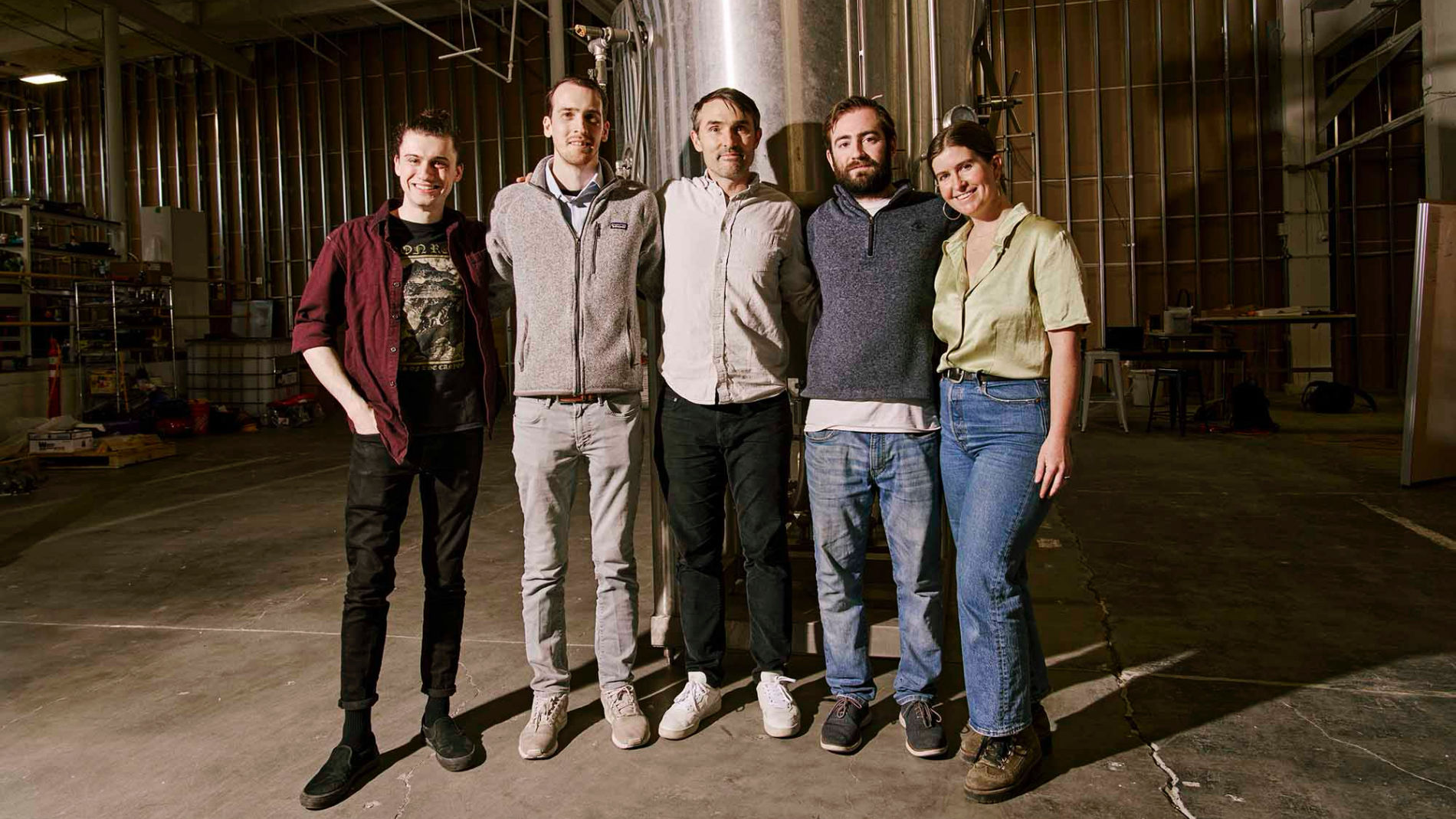
11 March – Pre-seed – Seattle, US – Textile-to-textile recycling
Although raised in mid-2024, fellow recycler Ravel also announced its successful pre-seed funding round early March this year.
The total funding raised has not been disclosed. However, contributors include Collateral Good, Collaborative Fund, Climate Capital, Betterway Ventures and Moonstone VC, led by climate-centric VC firm, At One Ventures.
Targeting poly-elastane waste, the company has leveraged the funds to update its Seattle-based pilot operations and enhance its technical and commercialisation teams. It’s hoped that these efforts will help Ravel propel its “purification recycling” technology into an industrial setting, with a first commercial-scale plant producing rPET for use in textiles & apparel.
Discover Ravel, here.
Sheep Inc.

12 March – Series A – London, UK – Traceable fashion
Elsewhere, Merino wool fashion brand, Sheep Inc., secured £5m (US$6.5m) in Series A funding in a round led by Inside Out LLC – a venture founded by actress, model and climate advocate, Suzy Amis Cameron.
Amis Cameron is joined at Inside Out alongside entrepreneur Erik Stangvik and former Deloitte Partner, Blair Knippel.
The funding will primarily be used to help the business scale, leaning into its supposedly carbon-neutral supply chain, regenerative wool sourcing and traceability efforts – the latter propelled by its Connected Dot platform and use of NFC tags in its clothing.
Discover Sheep Inc., here.
Insights
As predicted, March saw continued momentum behind circularity innovators, with T2T recycling seemingly the flavour of the month.
Interestingly, all three innovators offer a technology proposition claiming three key characteristics:
- The targeting of key, market-leading fibre types, namely polyester, cotton and nylon.
- A tolerance for mixed blends rich in these fibres, granting a wider compatibility with complex pre-and post-consumer waste pools.
- The creation of high-quality, high-purity outputs comparable with virgin equivalents.
As more and more recycling players come to the fore, we may find that innovators offering these technical qualities find investment and industry engagement easier to come by. Particularly as brands and manufacturers pump greater expertise and resources into their sustainability, materials and reverse logistics teams, generating a clearer understanding of their business’ needs. External players, such as climate tech VCs, also appear to have a greater awareness of the risks and rewards associated with textile recyclers, should they successfully scale to market – targeting market-critical fibres being one way of assuring demand amidst sustainability pressures.
However, it was interesting to see funding funnel towards a luxury Merino fashion brand too. Much like Allbirds before it, Sheep Inc. looks to be tapping into Merino’s natural roots and leveraging an emotive, regenerative farming angle. It too has an awareness of its products’ carbon footprints and promotes a less-is-more attitude to clothing consumption, punctuated by its complementary Knit Clinic repair offering.
Nevertheless, it will be interesting to see what 2025’s second quarter has in store for us – more recycling plays, a return to digital tech solutions or something different altogether? Watch this space.
Author: Jessica Robe, WTiN


